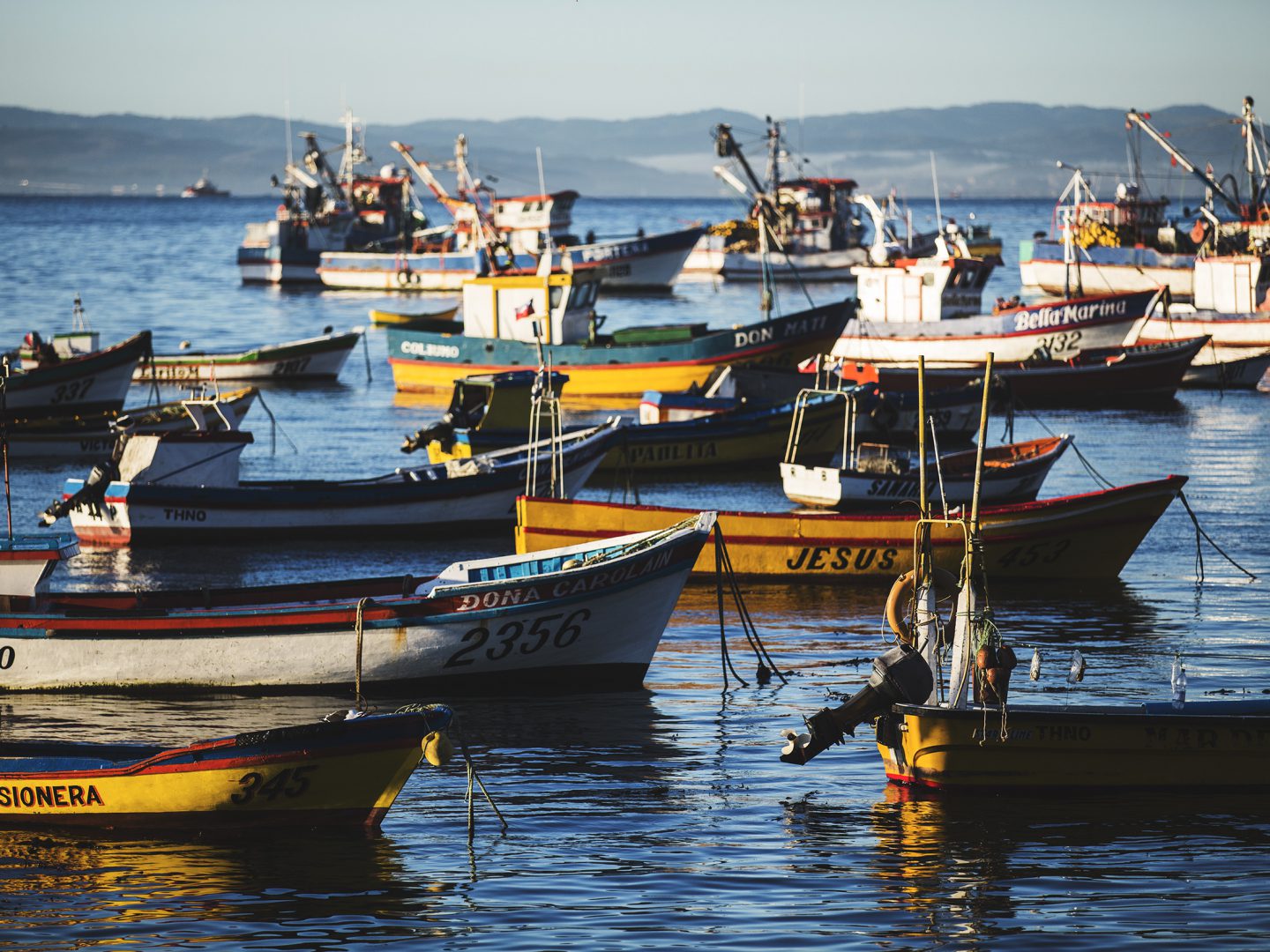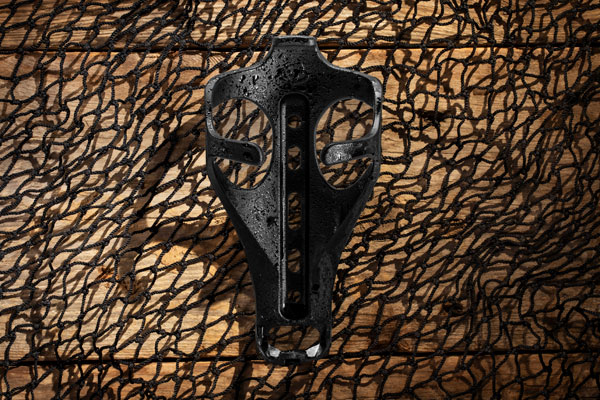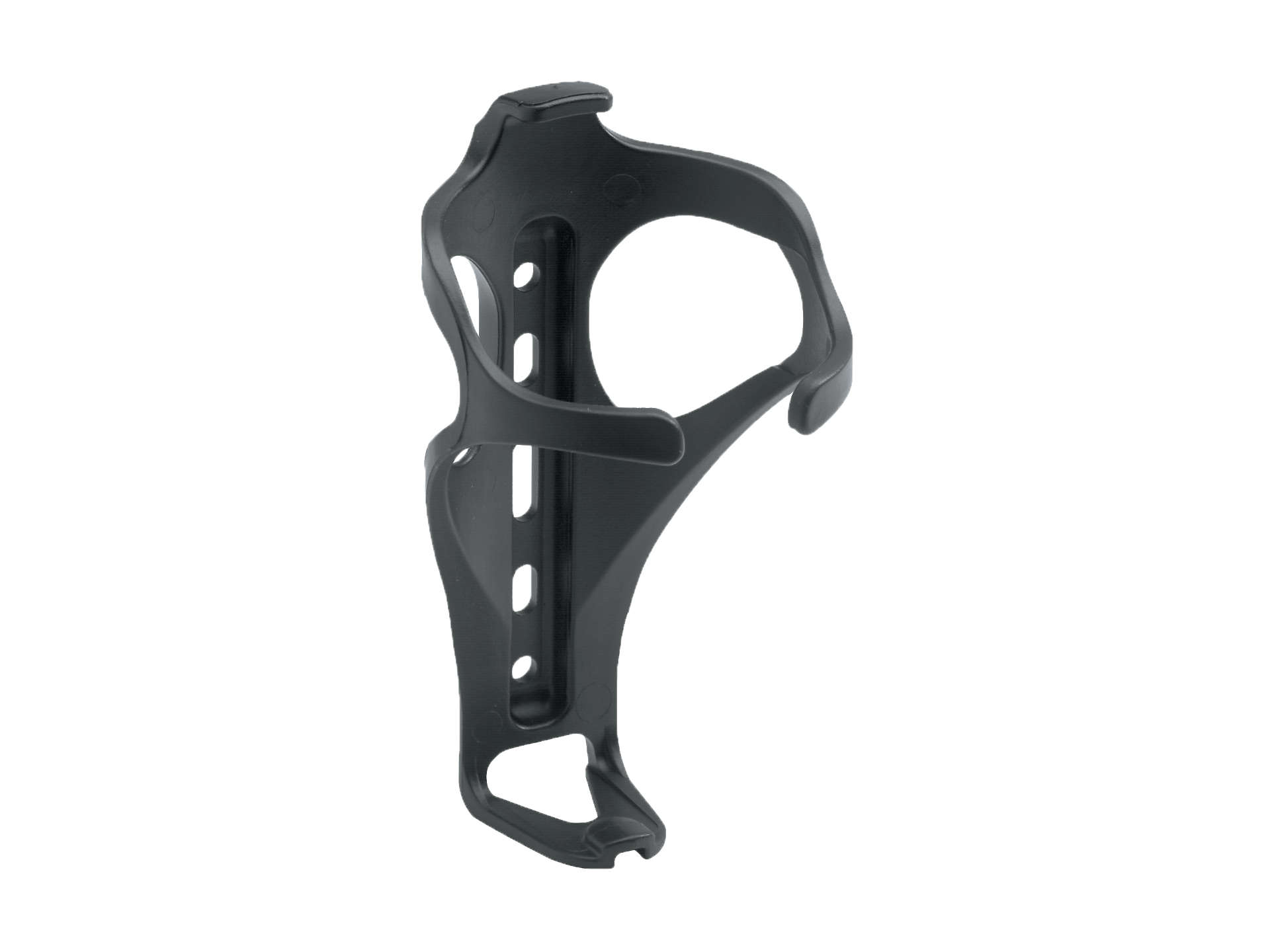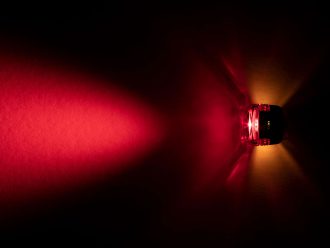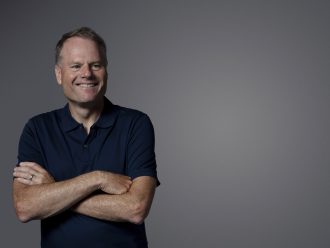[Waterloo, WI] – Trek and Bontrager announced a re-release of its longest-standing unchanged product today. Bat Cage, the injection-moulded water bottle cage first introduced in 1997, is now made from discarded and end-of-life fishing nets that could otherwise pollute our oceans.
This improvement was made possible through Trek’s partnership with Bureo and membership of NextWave, a cross-industry consortium of companies working to reduce the staggering amount of plastics plaguing our environment. Trek is a founding member of the consortium, which also includes Dell, General Motors, IKEA, HP Interface, Humanscale, Herman Miller and Bureo.
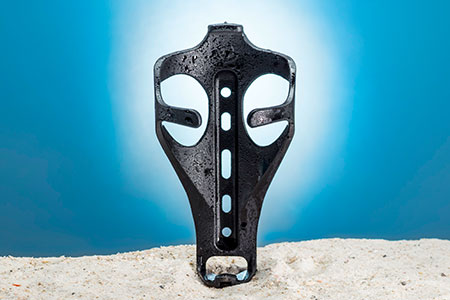
For the last 22 years, Trek has manufactured hundreds of thousands of Bat Cages in Oconomowoc, Wisconsin, 30 miles from the company’s headquarters in Waterloo. The cage is simple, light and durable—and now there’s a lot more to love about it.
Through Trek’s partnership with NextWave, the company was introduced to Bureo, a group dedicated to giving new life to discarded fishing nets. Bureo collects end-of-life fishing nets and recycles them into tiny pellets that can be used for injection-moulded plastic products like Bat Cage, sunglasses, skateboards and more.
Bat Cage may be a small product, but it’s the little hinge that swings a big door,’ said Justin Henkel, Trek’s Director of Product for Saddles and Essentials. “This year alone, it will put 4,000 square metres (1,750 kilos) of discarded fishing nets to good use. That’s making a real difference, and Bat Cage is just the beginning.
Bontrager’s new recycled plastic Bat Cage (£14.99 RRP) is available immediately on trekbikes.com and through Trek’s global network of retail partners.
A new chapter
Bat Cage was first introduced in 1997, and it’s one of Bontrager’s longest-running products. It has crossed the finish line of more grand tours, World Cups and Spring Classics than anything else made by the brand. Now, it offers the same simple, reliable performance and is made from recycled materials.
A global issue
There are over 86 million metric tons of plastic in our oceans at the moment, and more than 8 million metric tons are added every year.
The net effect
Fishing nets make up an estimated 10% of all plastic in the ocean. What’s even worse is that they are 4x more harmful to the ocean environment than all other forms of plastic pollution.
From nets into nylon
Bat Cages are made from Bureo’s NetPlus nylon pellets. Bureo collects end-of-life fishing nets in Chile and recycles them into raw nylon so they can be made into everything from sunglasses to skateboards.
One product, big impact
In one year, recycled nylon Bat Cages will put good use to approximately 4,078 square metres (1,746 kg) of discarded fishing nets.
More ways we’re making a difference
Trek is a founding member of NextWave, a cross-industry consortium of partner companies – Dell, General Motors, IKEA, HP Interface, Humanscale, Herman Miller, Bureo and Trek – that are committed to keeping plastics in our economy and out of our oceans.

About the Author: Trek
Our mission: we build only products we love, provide incredible hospitality to our customers, and change the world by getting more people on bikes.

